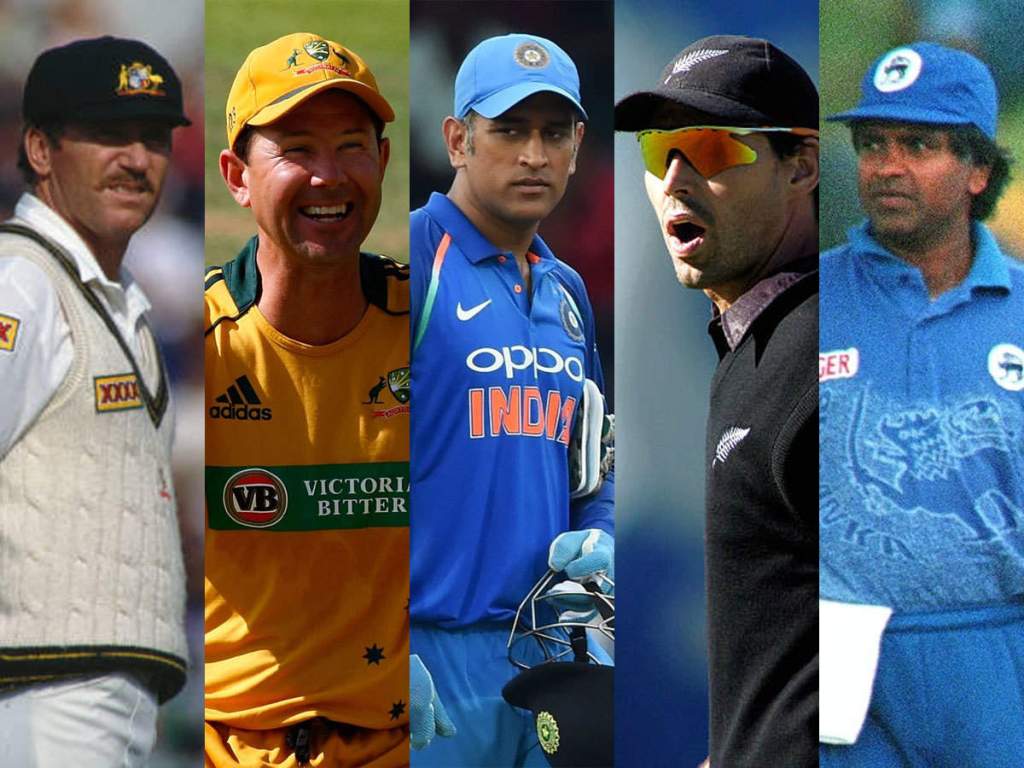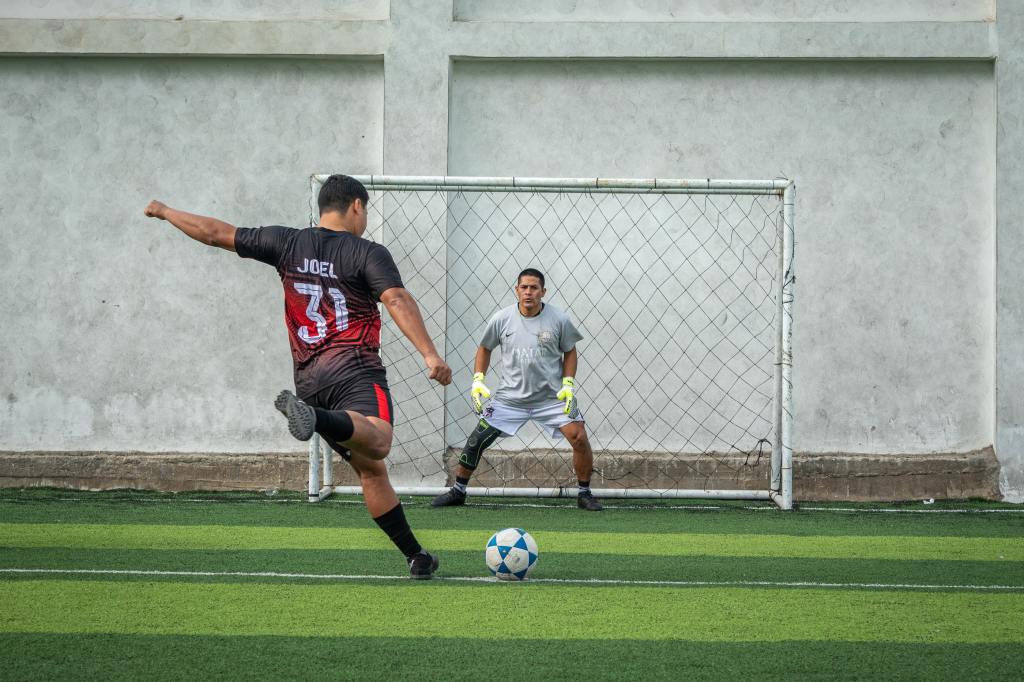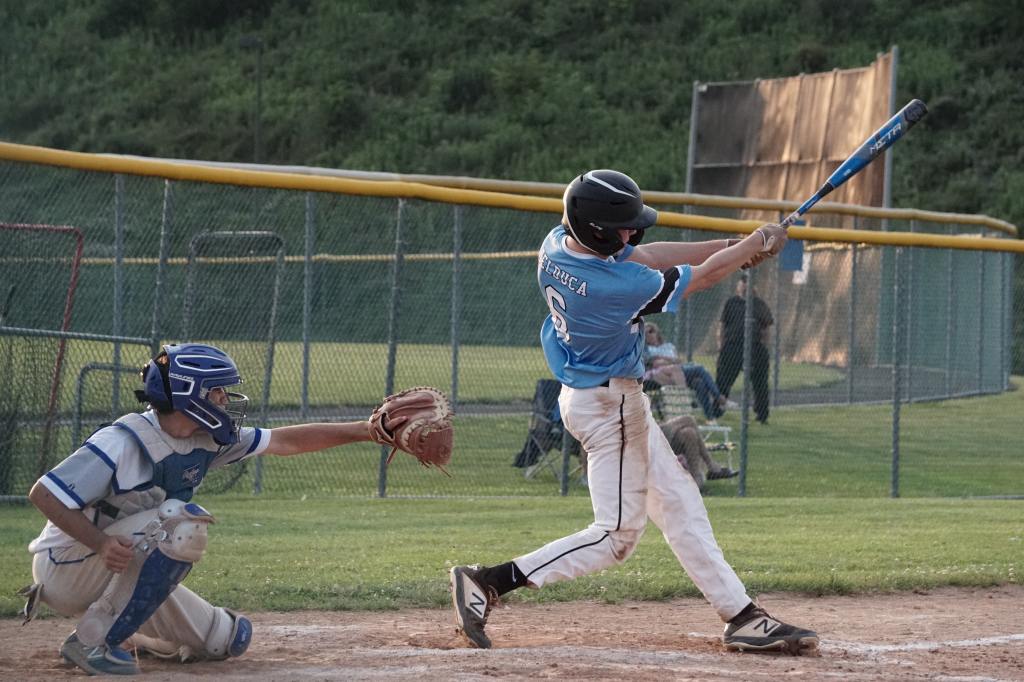If you are an avid IPL fan, you might have witnessed Hardik Pandya getting trolled immensely for, basically doing his job. Monday night saw Pandya leading his team to a 6-run defeat against the Gujarat Titans. What was even sadder was the brutal trolling that the skipper was subject to, not by the opponent fans, but by the home fans who are still not over Pandya taking over the captaincy from Rohit Sharma.
For us, this re-opens the topic of the effect of fan behavior on sports performance. If you are a sportsperson, you might want to take notes because we will be showing you how to protect your performance and showcase your best on-field behavior, regardless of the direction the crowd is going in.
Impact of Fans on Sports Performance
Before we get to the protecting part, let’s first understand the impact of fans on sports performance. While working with athletes, this is one area I see that is significantly lacking in their training. Most athletes do not understand the effect that fans have on their game, and thus tend to falter when they move up the leagues and franchises.

Fan behavior plays a crucial role in creating an electrifying atmosphere, which can improve your motivation and boost your adrenaline levels as an athlete. Simultaneously, the presence of roaring and cheering fans may distract you, and also create a stressful environment for play. Many athletes also start playing for the fans, creating more pressure within themselves which can lead to on-field failures and burnouts.
At the same time, we have to acknowledge that there is nothing purer than a fan interacting with their sports-hero. There are so many athletes who go out of their way to meet their fans and build a relationship with them.
For example, Steph Curry has been spotted hooping with his fans. Still others go to embrace their trolls, like Alex Verdugo, beloved Yankee, trolling Houston fans in a recent MLB game.
Here are a few facts that we can all agree on:
- The presence of fans in the stands is essential for sports to be profitable. Fans bring about plenty of joy and energy which can inspire athletes to bring their best out on the field.
- Athletes may constantly find themselves getting stressed because of fans. This can be due to many different reasons, such as high expectations, high energy levels, anxiety, trolling, etc.
- While fans are necessary, sometimes their actions can become a hindrance to the play of the sport itself. These actions can also distract players, posing both physical and mental dangers to the athlete.
- The type of crowd also makes a huge difference for the athletes and their performance. Home crowds can bring a positive impact, while away crowds can increase anxiety levels.
Resilience is the Secret to Dealing with Fans
Fans come and go, but your performance counts every time you go out and play. So, you cannot let their behavior affect you negatively at all. In order to achieve this, you need to build your mental resilience.
According to the Oxford dictionary, ‘Resilience’ is the capacity to withstand or to recovery quickly from difficulties. Take a second to ponder upon your play till date and see if you can truly call yourself resilient.
Let’s look at a few ways through which you can improve your resilience.
- Make friends with adversity: Who likes it when life throws us lemons? But, as a sportsperson, you might be used to failure more than success. Making friends with adversity and hard times will make you a highly resilient athlete. It might not be easy at first. But look at adversity like a friendly challenge in an adventurous game.
- Practice grounding: Getting caught up in success or failure can sweep you away in an instant; and this is a dangerous game to play. The same goes for fans as well. Practicing grounding can be a tricky issue, since it requires plenty of self-awareness. If you need help here, drop me a message through mindyourwicket@gmail.com.
- Prioritize family and friends: Not just family and friends, but even your coaches and trainers can provide you plenty of support. Lean on the support of your own personal network whenever you feel the pressure of fans and their behavior.
- Use the right strategies: If you are a seasoned athlete who has had sessions with a Sport Psychologist, you might already have a toolbox full of coping strategies. If you don’t have any such strategies, it is high-time you learnt some. Coping strategies like deep breathing and mindfulness can help you manage the emotional impact of fan influence.
Strategies to Protect Your Game
There are numerous strategies that you can use in order to protect your game from fan influence. Some of these have been mentioned in the list below. Feel free to drop a comment/email if you want me to expand on these and explain them a bit more clearly. You can set aside some time and start practicing these strategies regularly during your daily training sessions.
- Work on attention: Work on your attention mates! It is certainly a fact that attention spans can be improved through training and exercise. There are many exercises through which you can improve your attention span that you can find online. You can also drop a comment here if you want me to whip out a few.
- Repeat a mantra: When I say mantra, I don’t mean any bunch of random words. Instead, speak to your Sport Psychologist and come up with a mantra that works out particularly for you. Check out these winning mantras that you can use to up your game here.
- Stretch mindfully: Let’s say you’re playing in a stadium, with a huge crowd of fans. You find yourself getting anxious about fans and what they will think. Practice a ‘mindful stretch’ exercise and you will notice yourself grounding and becoming aware of the present.

Mindful stretching is pretty easy and simple. All you need to do is hold a stance, direct your attention inward and take a few deep breaths. After this, start moving your body slowly in different directions, focusing closely on the sensations of these movements.
These movements can include your usual warm-up routine, or something as simple as walking back and forth or sitting down and tying your shoe-laces. You can even practice mindfulness with something as simple as taking a sip of water, or wiping yourself with a towel.
Be More Curious About Challenges
Challenges and adversity can come in many forms to a sportsperson. This can include fan behavior as well. A great way to cope with the challenge is to simply embrace it. This is far simpler said than done. Let me give you a super-easy framework to follow if you are struggling in this area.
Step 1: Not challenges, but opportunities
The first step to embrace adversity is to look at these obstacles as opportunities, not challenges. These challenges will be opportunities for you to learn, to improve yourself and grow as a person and as an athlete. Whenever you are presented with a challenge, get excited to be a part of a new and interesting adventure.
Step 2: Ask the right questions
To guide yourself and your mind, ask yourself the right questions. Asking yourself questions is a great way to learn more, since your intuition and subconscious mind already have the answers. Ask questions like,
- “What is this challenge in simple terms?”
- “What can I learn from this new challenge?”
- “How will it help me grow?”
- “What is the first step that I can take right now, today?”
Step 3: Learn and gather information
The next step is to learn as much as you can about this particular challenge. One way to do so is to ask those in your support network. You can also look at your past history and see if you have come across any similar challenge, and how you managed to overcome it.
Step 4: Start experimenting
Every journey starts with a single step! Once you have learnt enough about the challenge, start experimenting. Don’t be afraid to try new things. At the same time, get the help of your coaches, trainers and other professionals. While experimenting with solutions, try to be adaptable and flexible. Both success and failure can be great teachers.
Step 5: Acknowledge and celebrate
Once you start putting in effort to overcoming this challenge, you need to acknowledge your work and celebrate small wins along the way. Even if you don’t necessarily make much success, the very fact that you are still here working hard needs to be recognized.
Conclusion
Fans are forever going to be a part of your life, if you are a sportsperson. Plus, they bring plenty of the excitement and spice associated with sports. So, you might as well make friends with fan-behavior as soon as possible. At the same time, it is crucial to maintain proper boundaries so that your game is not affected.
While learning and understanding fan behavior can be super-beneficial here, learning more about yourself and how you react to different triggers will be even more advantageous. The strategies and facts mentioned in the blogpost will definitely help you protect your performance from the highs and lows of fan-behavior.
References
https://blog.scorevision.com/next-level-performance
https://blog.innerdrive.co.uk/sports/psychology-playing-behind-closed-doors
https://www.choicely.com/blog/fan-engagement-in-sports-the-fundamentals-to-a-winning-strategy
https://fastercapital.com/topics/the-power-of-fan-support-in-sports.html
https://www.mind-designsports.org/blogs/dealing-with-fans-for-the-first-time
https://www.latimes.com/archives/la-xpm-2004-aug-23-he-crowds23-story.html








Leave a comment